How did COVID-19 change the world of Forex?

Contents
Amidst an impending worldwide slowdown on the horizon, retail shareholders all over the world have been searching for trading possibilities apart from over-inflated stocks. Forex market, the biggest economic market around the world, in the sense of liquidity, turnover, and worth, has been getting huge interest from retail tradesmen after COVID-19 has taken hold of it.
The problem with improved forex trading in the world of COVID-19 is the increased volatility that it produces. At the current time, Forex intermediaries have been recounting dramatic growth in losses felt by traders, on a huge level because traders more exposing themselves with increased leverage. Thus, knowing how COVID-19 changed the world of Forex will help you understand the effects it has led on the Forex market.
When the COVID-19 outburst started at the earlier phase of 2020, the Forex market seemed inattentive since the financial effect was generally anticipated to get restricted to only China. But, since this disease increased and the indications for international trade turned out clear, experts became attentive to the virus risk assumed for different currencies, making an important sum of market volatility.
How did COVID-19 Change the World of Forex and Financial Markets?
Several pandemics’ trembled financial results are yet to come out. Although, falling share markets and declining oil prices have now helped various retail tradesmen to recheck their finances and look for the latest trading opportunities.
COVID-19 compelled governments and exchanges into emergency mode, with the flow on impacts increased by diminishing resources, record-high deficit levels, and Biggest Depression-era lay-off charges. Only weeks following the WHO announced a worldwide pandemic on 11th March 2020, the OECD predicted international stock markets had dropped by more than 30%. Also, Moodys had lowered its rankings on the US business deficit from steady to negative.
Despite various economic markets and businesses standing on the verge of a breakdown, the forex market is growing. Best forex brokers all over the world have announced notable growth in repeated trading extents and novel client accounts. Even though, the rush in interest can be then credited to the truth investors’ are going away from conventional stock trading, looking for the latest profit streams, or only due to individuals have enough time to trade actively.
The present health issue can estimate for the explosion in interest, but, forex trading has been growing in demand for now. In the year 2016, the niche was then priced at $1.934 quadrillion dollars, with exchanges going over $5.1 trillion every day. Only after 3 years, it was being considered worthy of a tremendous $2.409 quadrillion dollars with a regular turnover of $6.6 trillion. So, we can understand how did COVID-19 change the world of Forex.
Different Trading Risk that Forex Involves
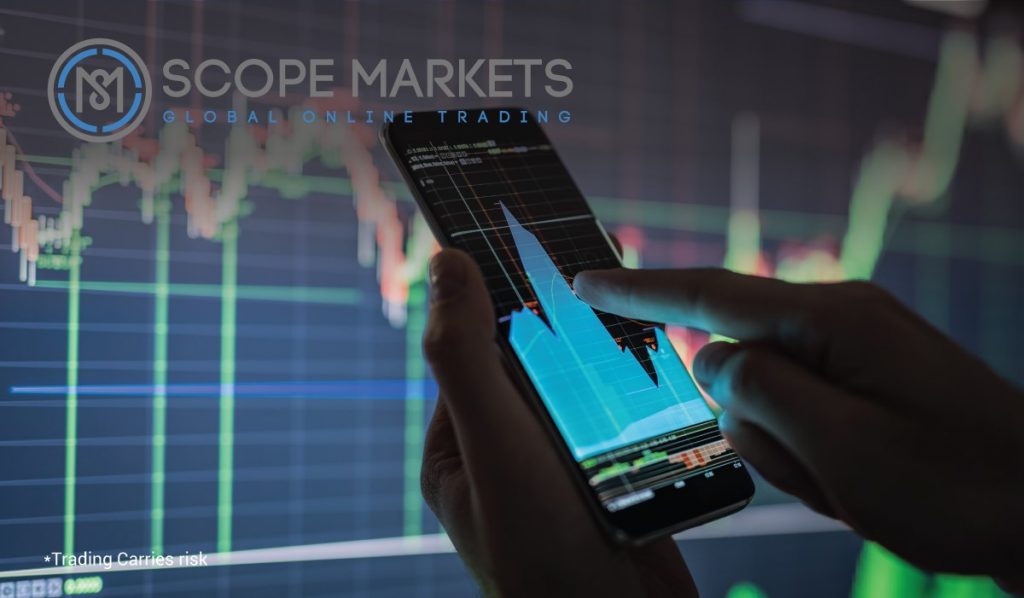
Both novice traders and experienced investors are seeing forex as the best chance because of the leverage provided. Increased leverage signifies huge profits can be generally gained, but a similar thing occurs with losses, which may wind up surpassing the traders’ first deposit (based on the stockbroker).
Since traders can make use of tools to assess markets and trade from the house, forex is generally viewed as a simple and accessible trading action for learners. Not like different financial tools, a huge sum of upfront funds is not required to begin trading and many software are user responsive with tools made for novel traders.
So, knowledgeable shareholders who in the previous time have been occasional forex traders can enjoy the automation level that can be generally attained. Common trading interfaces like MT4 and MT5 provide advanced tools that let shareholders put in place automated tactics via both trading cyborgs and common-copy trading tools. As forex markets run 24/7, social and algorithmic trading allows shareholders to trade without stopping, even though risks of regular losses are there.
Whereas forex trading can occur in huge profits, it is necessary to remark that the leverage given to traders has an increased chance of losing cash. When the best forex brokers were being judged, it was then observed that 71% of retail dealers drop cash and 99% decline to make constant profits over 4 sequential quarters.
The mix of volatile or unpredictable forex markets and trading with increased leverage is a two-sided sword since both profits and losses are getting increased. The continuous and random wrecks affecting markets have forced traders to change their method to forex trading, with many choosing to perform day and scalping trading tactics in place of keeping long-term trade positions.
What Would be Forex Market After COVID-19?
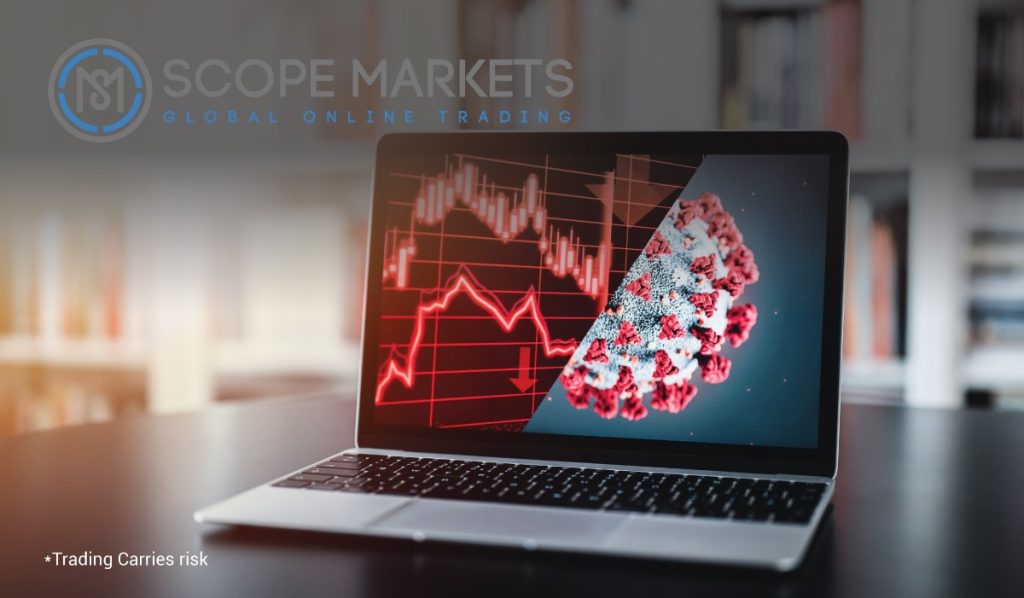
Since the COVID-19 disaster proceeds to wreak destruction and increase the risk for people, businesses, and governments, tradesmen are resuming to look for novel markets and possibilities. Whereas the market volatility is now forced to fall at any point, the exchange rates would resume reacting to collisions, growing both the uncertainties of forex trading and the possible likelihoods.
COVID-19 and Impact on Dollar Index
Experts are considering U.S. assets or equities, interest rates, and lay-off as data limits. Changes in these pointers recommend continued dollar power, as regulated by the DXY or Dollar Index.
The Dollar Index from Q4 of 2007 to Q1 of 2020
All these pointers are experiencing unpredictable swings. But in the short period, sustain conventional currencies like dollar, CHF or the Swiss franc and the JPY or Japanese yen, along with gold. But we are yet in the initial phases of the financial rejoinder to COVID-19, both in sense of the destruction is being created, and our knowledge of it.
COVID-19 and its Impact on Different Forex Currencies?
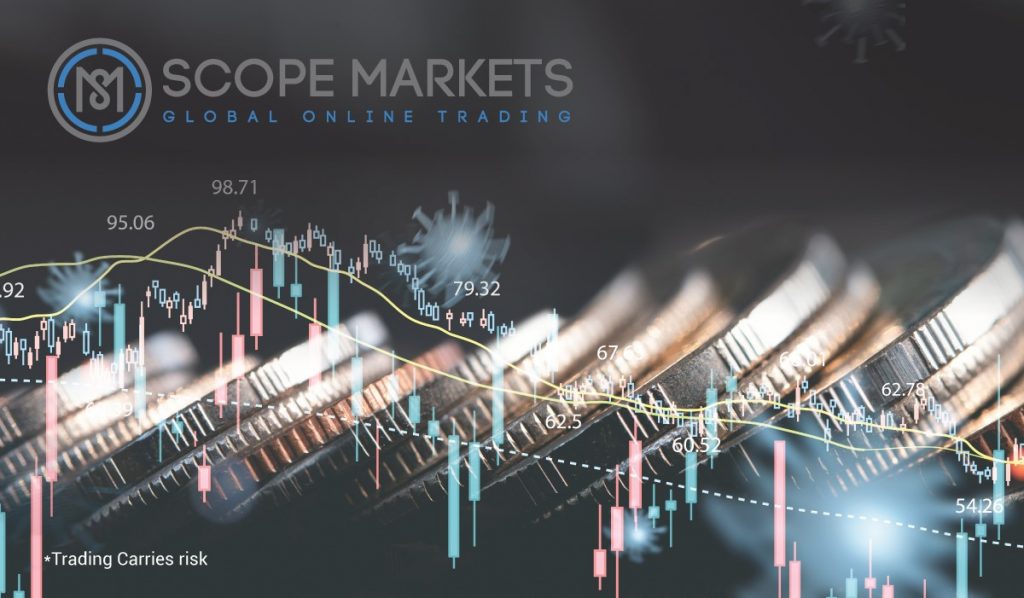
In the growing market, many currencies have dropped to a multi-year low value. Amongst the most affected have been the currencies of nations that are much reliant on the result of commodities, especially provided the intense sell-off seen in oil (fell 70% in a month). The Russian currency ruble has been amongst the worst hit, dropping approx. 16% of its worth next to the dollar earlier in March alone. Hence, the Mexican currency peso and Colombian currency peso have also undergone huge losses, with the Brazilian currency real and South African currency rand not far back and falling in a surplus of 10%. More losses from present points for these increased-risk currencies are likely, in our opinion.
Financial Markets and its Reaction Towards COVID-19
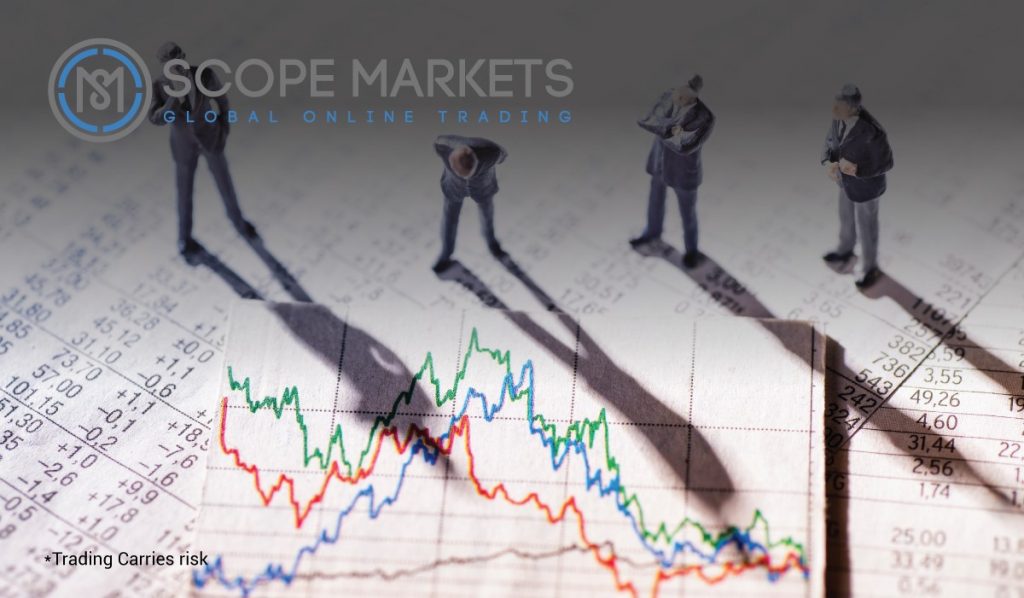
The effect on the financial exchanges has been threatening and powerful and like the changes seen all through the worldwide economic crisis in 2008-09, if not closer. Investment markets have exhibited the burden of the sell-off as shareholders leave increased risk assets in the response to the safe-havens or, in different cases, leave the market completely. US stock indexes have sustained, although are below approx. 25%, with investments in Europe reduced by the same amount.
The index of FTSE 100, say, has fallen to its lowest point following 2011. Also, having dropped 1/3 of its worth in 3 weeks. Large-scale interference on the role of central banks and authorities has supported to some extent, even though it is away from completely restored shareholders’ determination.
Is It Forex Industry Saved by COVID-19?
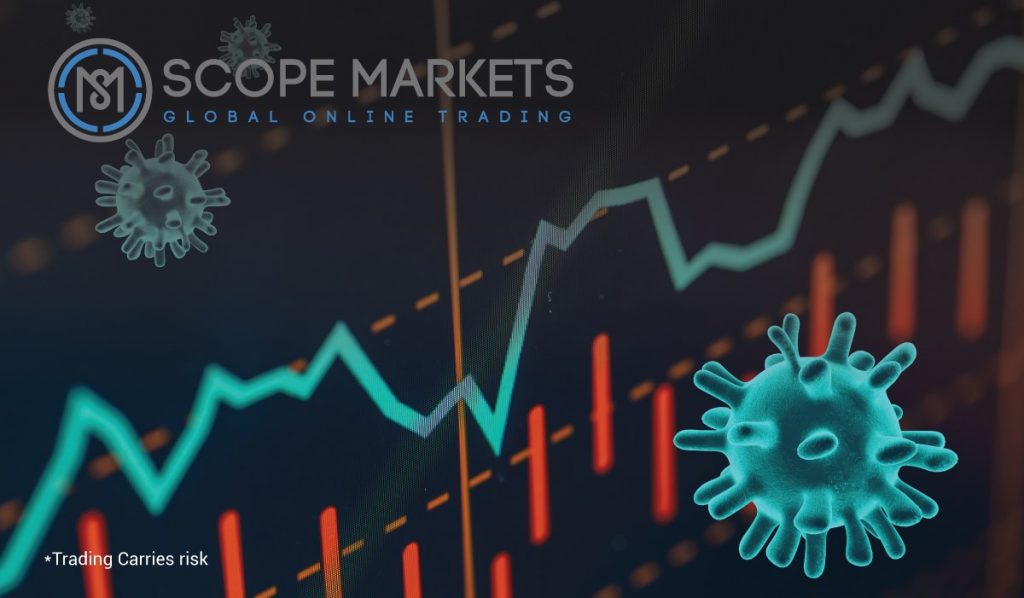
Forex trading as a way to create the failed source of revenue has been somewhat helpful, not only profiting the tradesman but also the forex intermediaries and the niche as a combination with this very obvious uptick in immediate client trader estimates.
But, in the great words of Uncle Ben with the biggest trouble, comes a great chance! What the previous Fed Reserve Director indicated by this liner was that when indecision holds the masses, changes in primary repercussions take place, making bigger market volatility for tradesmen to gain from it.
Thus, why is market volatility such a significant factor in the recovery of the forex market? For beginners, approximately everyone – even if young or mature– hates tedious; tedious is this series that would not split.
Market volatility is generally regarded as the surge of chains, here to cut the restraints that connect investors, move things up, and definitely, bring together a complete set of the latest possibilities.
This volatility has led to attracting even the most difficult to gratify shareholders out from below the woodwork set to start looking for new chances.
A huge profit to the Forex world, since more volatility, signifies more exchanging or trading sum.
It has been a difficult few years for the Forex market, that more is true, but it appears that COVID-19 has taken back the fire.
There is also the thing that the Forex market is high again and the above things will help you know how did COVID-19 change the world of Forex.(You can also see who are the top 5 most popular Forex players)
Conclusion- How Did COVID-19 Change the World of Forex?
The Forex Market is the biggest and the most powerful financial market in the whole world. Associates from all around the world take part in the trillions worth of Forex trades daily. Thus, it becomes essential to know how COVID-19 changed the world of Forex.
It is no amazement then that because of the international and interrelation of the Forex market, occurrences from all areas of the world can leave a quick impact on currency values and exchange rates.
References
https://www.refinitiv.com/perspectives/market-insights/covid-19-whats-the-impact-on-forex-trading/
https://www.cmegroup.com/education/featured-reports/covid-19s-influence-on-exchange-rates.html
https://ebury.com/e-blog/blog/ebury_post/covid-19-pandemic-impacts-fx-market/
Article Disclaimer
